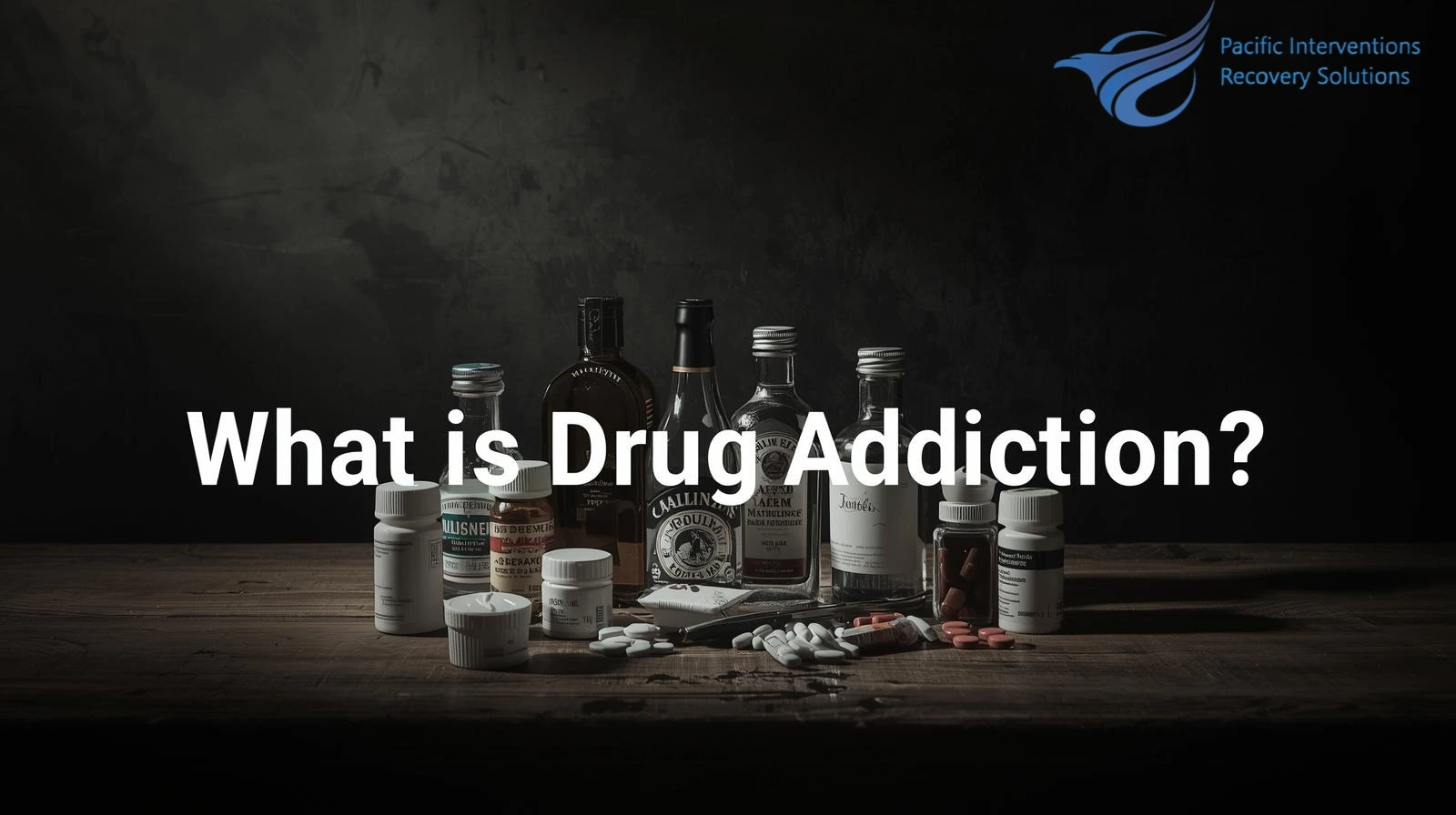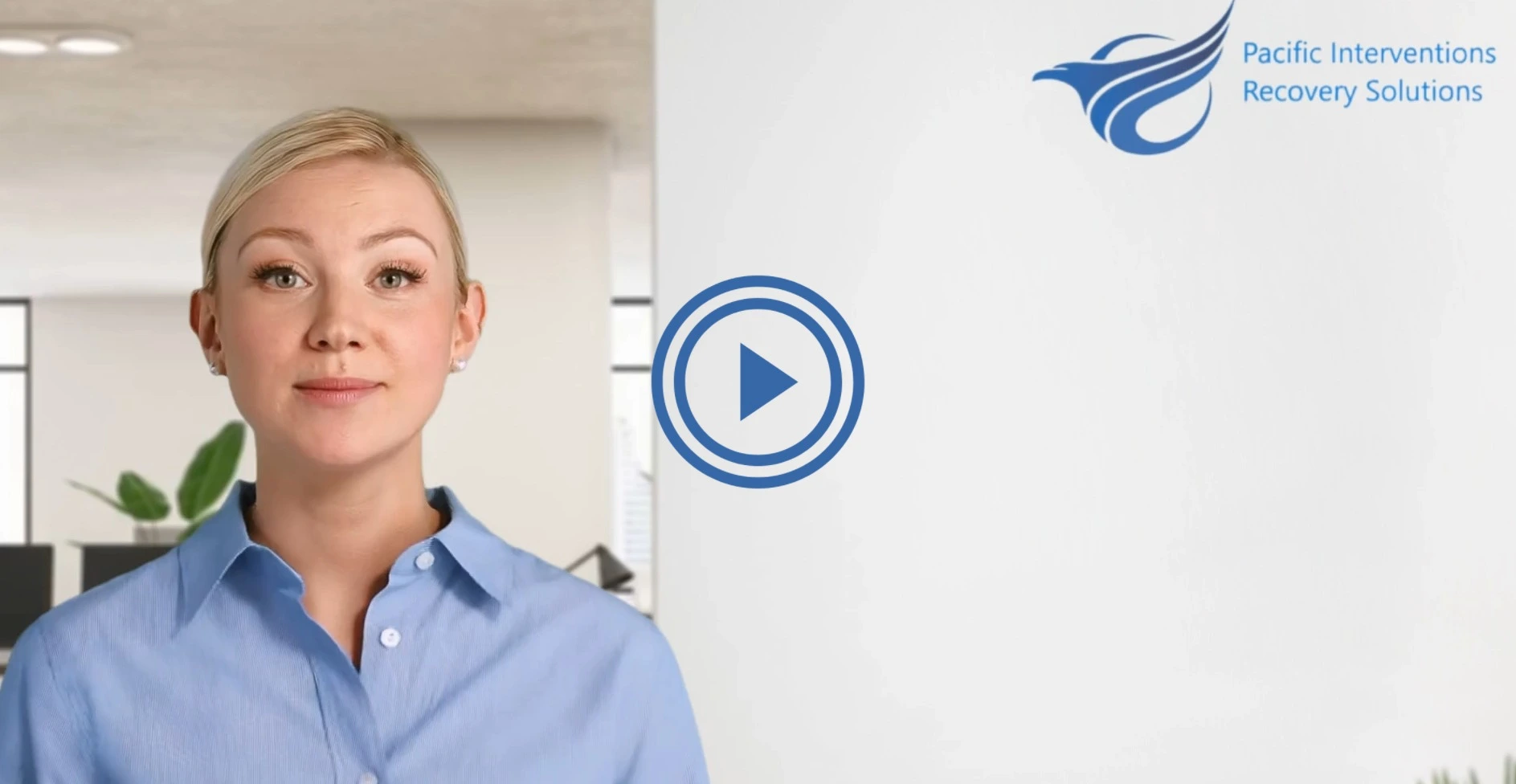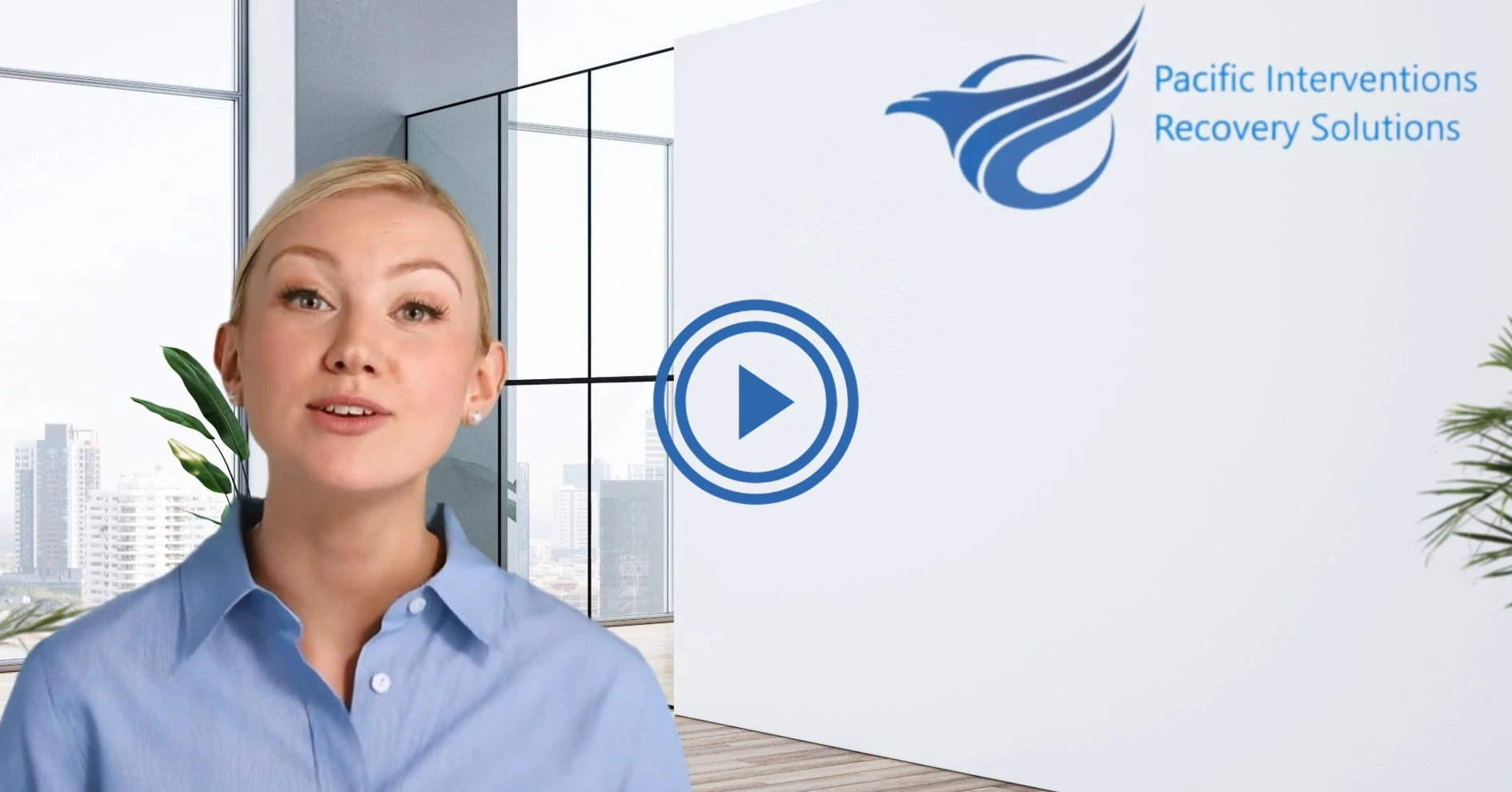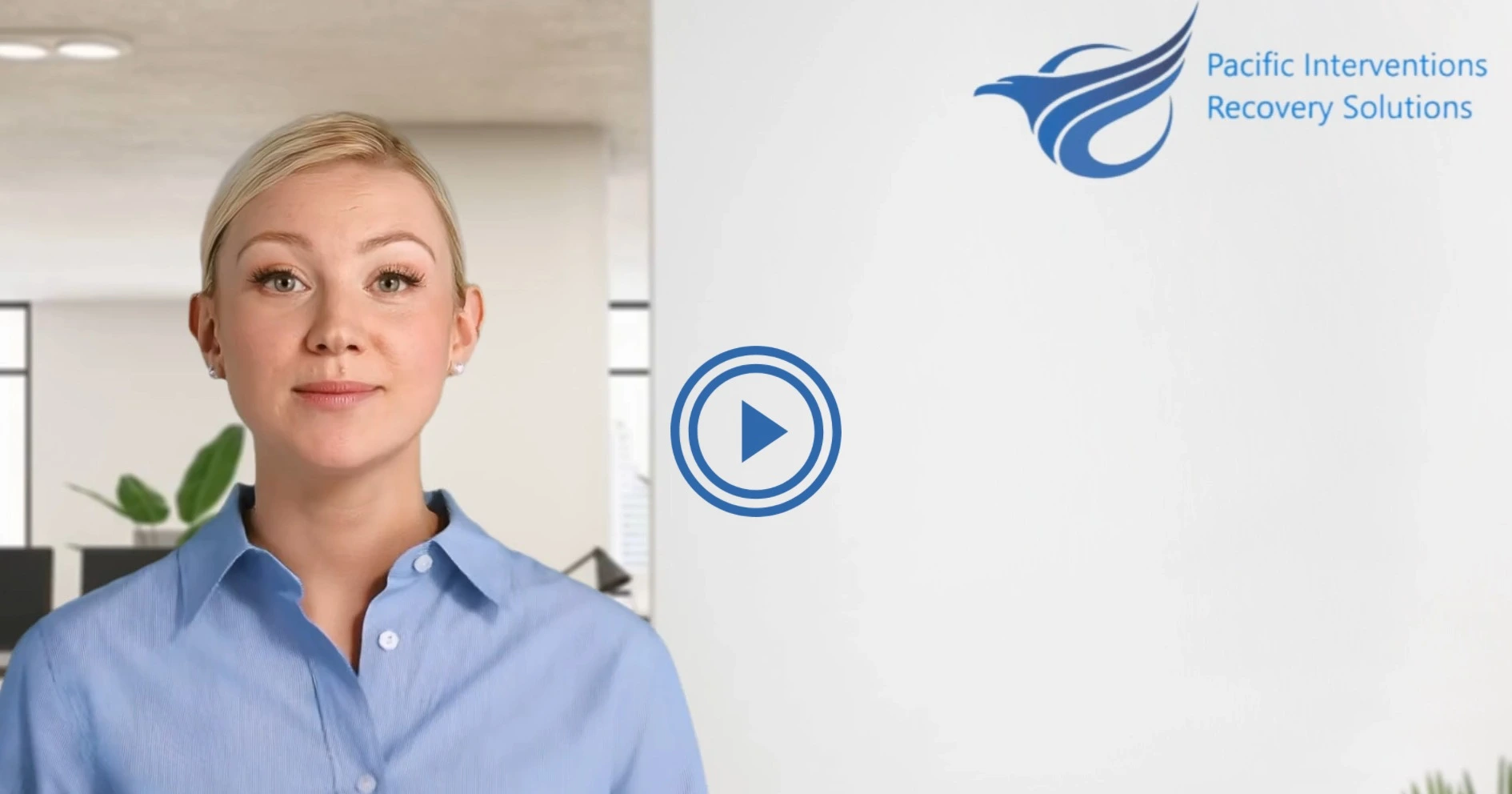Did you know many people become addicted to drugs unintentionally and unknowingly? You know it’s common for us to take drugs for various reasons in our lives, but some drugs can lead to addiction. On the other hand, they can influence our mental and physical health. Additionally, they can affect our lifestyles. This article answers the following question: What is drug addiction? You can find the answer in the following paragraphs.
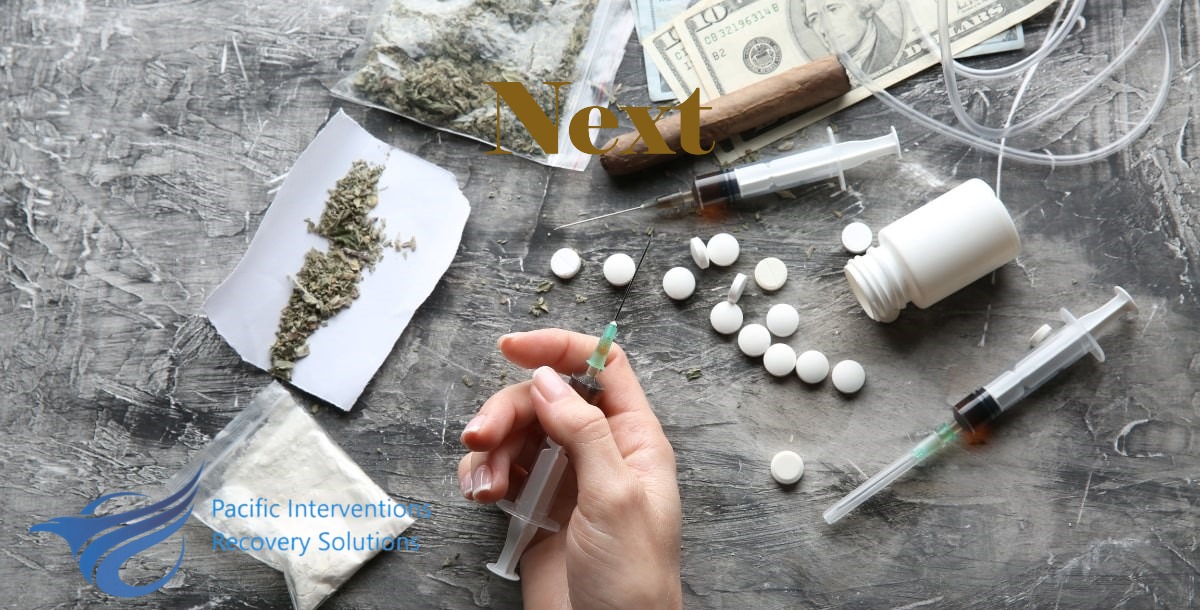
What is Drug Addiction?
According to the 2022 United States National Survey on Drug Use and Health (NSDUH), 46.8 million (16.7%) Americans are addicted to drugs. Unfortunately, controlling drug addiction is difficult, and it can have harmful consequences. Addiction is a chronic disease. But remember, the first decision to take drugs is voluntary for most people. But taking drugs repeatedly can lead to brain changes, and it’s a serious challenge between you and your mind. We are here to help.
What Happens When You Take Drugs?
As you know, drugs can affect the brain by causing euphoria; then, your brain releases a significant amount of dopamine. Now, you face a reward system that encourages your brain to take drugs again and again and again.
When you continue to take drugs, your brain is addicted to the reward system and to experience that euphoria again, drugs are needed most of the time.
When you take it for the first time, your brain experiences a high pleasure feeling, and when you stop you cannot feel it, so you have to take drugs more and more to feel that again. On the other hand, you cannot enjoy other exciting activities like hobbies and social activities.
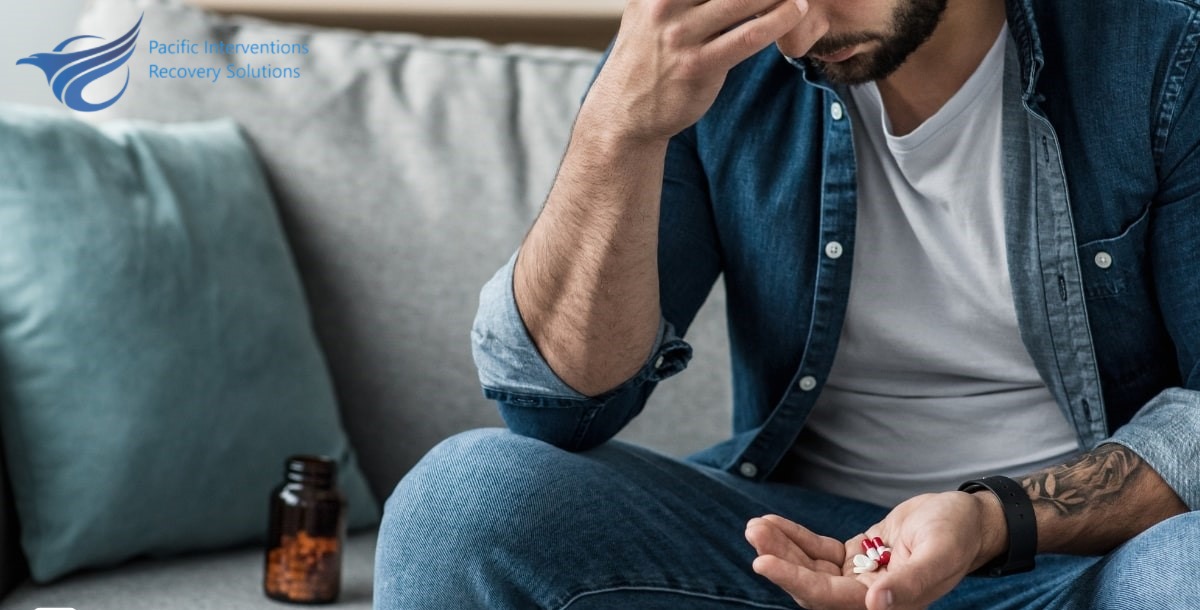
Drugs Addiction Effect
When you take drugs, your brain can get addicted to them, and you need to repeat a pleasurable experience that you tried before. If you don’t experience it again, it’s possible that your emotional state will be unbalanced and create stress, anger, fear, or boredom along with several other emotions that subconsciously remind you of the sense of ease and comfort once felt by taking a substance.
What is truly concerning is that despite being aware of this harmful effect, unfortunately, people still turn to take drugs, which creates consequences to health, employment, and social life.
Short-Term Effects
Physical Effects:
- Increase heart rate
- Increase blood pressure
- sleep pattern Changes
- Nausea and vomiting
- Dizziness headaches
Mental Effects:
- Anxiety
- panic attacks
- Paranoia
- hallucinations
- Mood swings and irritability
- Short-term memory loss
Long-Term Effects
Physical Effects:
- heart disease
- liver damage
- respiratory issues
- Weakened immune system
- Neurological damage
- Persistent gastrointestinal problems
Mental Effects:
- depression
- anxiety
- Schizophrenia
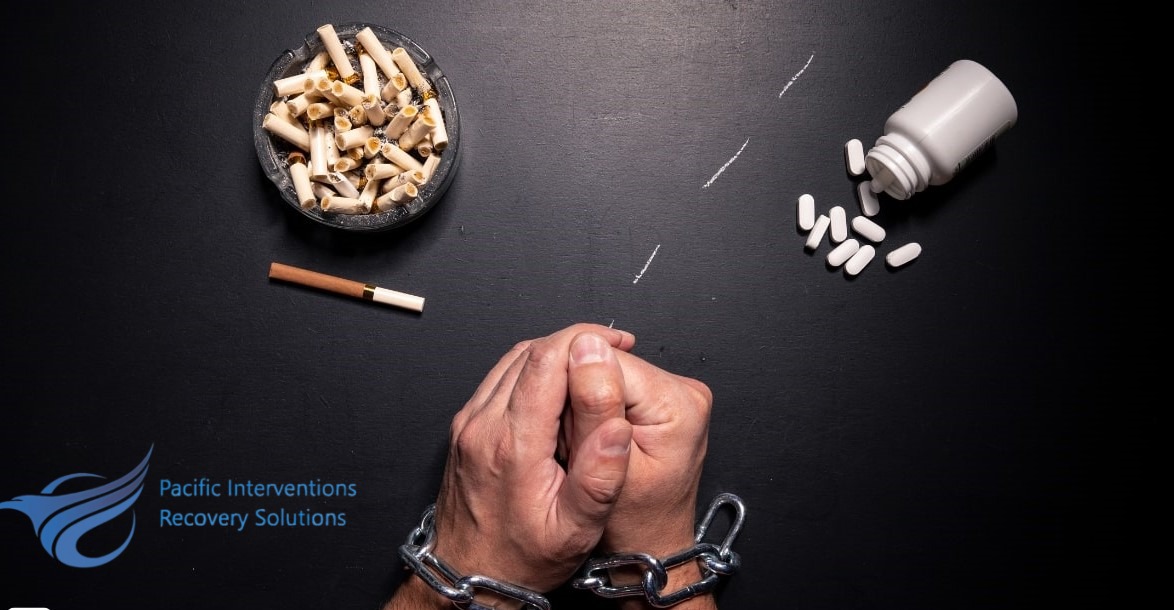
Signs of Drug Addiction
Recognizing signs of drug addiction is very important to prevention and treatment. There are no signal factors that a person will be addicted to drugs or not—actually, a combination of factors influences drug addiction.
Remember, genes, gender, and ethnicity might influence the risk of drug use and addiction.
Note: recognizing the signs below early can make a significant difference in getting the necessary help and support for drug addiction.
Physical Signs
Physical signs of drug addiction or very noticeable. For example, they include bloodshot eyes, irregular sleep patterns, running noses, and gaining or losing weight. Along with an unstable emotional state.
Behavioral Signs
Behavioral changes can include: losing interest in hobbies and a shift in priorities.
Another sign in society is a person’s behavior and performance at work, school, or University; these can be red flags of drug addiction.
Another behavioral sign is a person might hide everything, like whereabouts or activities. Additionally, they forget their responsibilities at home or work and become obsessed with finding, getting and using substances.
Psychological Signs
Psychological signs of drug addiction can cause a negative self-image. People lose motivation and exhibit a lack of interest in activities they enjoy. Additionally, anxiety and depression are the other psychological signs of drug addiction.
Social and Lifestyle Impact
Unfortunately, the social signs of drug addiction are profound. Taking drugs can lead a person to isolation and loneliness. Also, in some cases, legal consequences may begin to appear.
Are Drugs So Hard to Quit?
Taking drugs is very pleasurable for your brain, but quitting drugs is notoriously difficult. Faced with a combination of biological, psychological, and social factors.
Since drugs significantly change the brain’s chemistry and brain structure and affect secretion, the brain adjusts to these high dopamine levels by producing less of it naturally or reducing the number of dopamine respecters.
As you know, psychological addiction can be combined with mental health disorders and anxiety. So, people might take drugs as a way to control them, thus creating a cycle of dependency.
The environment has a crucial role in addiction, too. Social cues and triggers like being in a place where drugs are available or associating with people who use drugs too can create a bad atmosphere to quit.
But there is an effective treatment to quit drug addiction. The effective treatment for drug addiction is a combination of therapy, medication, family and friends support. To start treatment, please go to a professional medical healthcare provider.
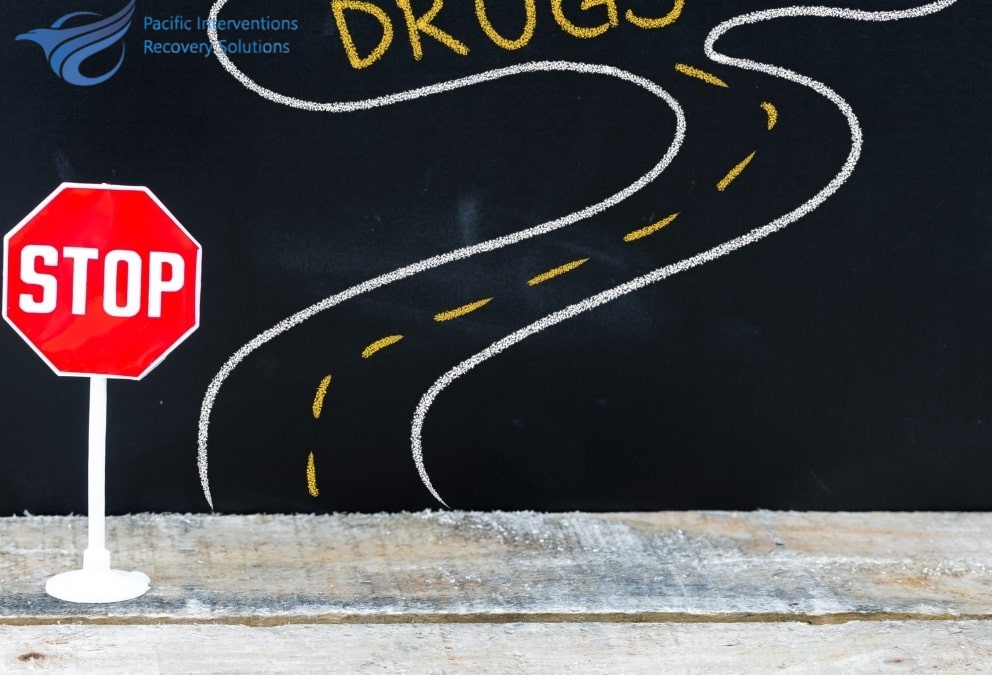
Prevention Strategy
There are lots of prevention strategies for quitting drug addiction. But, you cannot suggest it to everybody because there is usually a small window of opportunity that presents itself when the person is ready to stop. Fortunately, there is immediate help available in many cases.
Prevention of drug addiction requires a comprehensive approach that addresses various risk factors and promotes protective measures. So you should see a doctor and visit an addiction treatment health care center.
Remember, communities have crucial roles in quitting drug addiction. Actually, Communities can create an environment that discourage taking drugs by fostering a sense of belonging and support. Also, they can work together to reduce the availability of drugs.
It is a strategy not only used to reduce the risk of drug addiction but also to provide the necessary support for a person to begin their recovery journey, and lead a healthy life.
FAQ
1.How quickly can someone become addicted to a drug?
It depends on the situation, but the method of taking drugs and some other factors like genetics and mental health can make someone addicted to drugs.
2.Can drug addiction be treated?
Absolutely, yes, drug addiction can be treated, but remember, a person who is addicted to drugs needs effective treatment and treatment plans to quit drugs. The best treatment plan for quitting drugs is a combination of medication and therapy; and of course, family and friends’ support.

